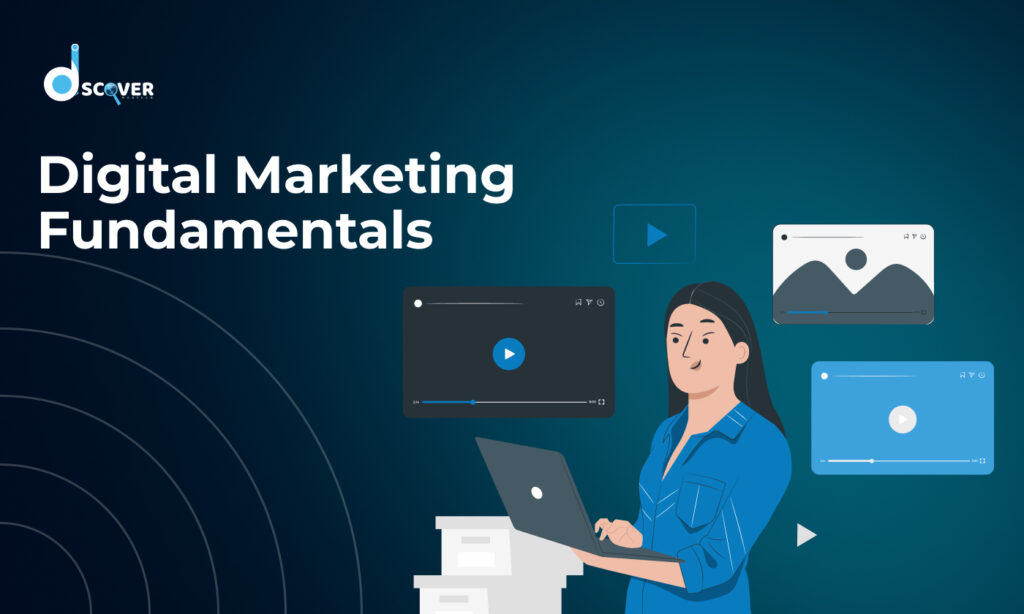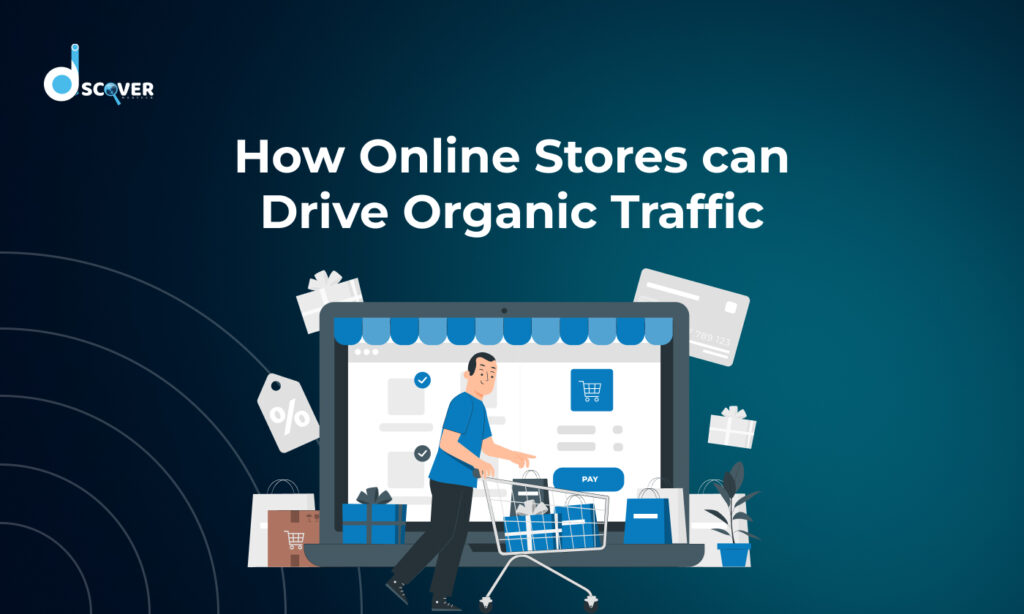
Introduction
In the digital age, having a strong online presence on an online marketplace is essential for the success of your Online Marketing Business Website. Search Engine Optimization (SEO) boosts website visibility, helping to drive organic traffic to your website. Implementing SEO best practices can significantly enhance your online visibility and improve your website’s ranking on search engines like Google. In this blog, we will explore the essential SEO strategies and tactics to help your online marketing business thrive.e.
Keyword Research
Keyword research is the foundation of effective SEO. To attract the right audience, you must identify and target the keywords that potential customers are searching for. Begin by utilizing keyword search tools such as Google Keyword Planner, SEMrush, or Ahrefs to find proper keywords. Concentrate on long-tail keywords, which are more detailed and have less rivalry. Incorporate these keywords naturally into your website’s content, meta tags, and headers.
High-Quality Content
Content is king in the SEO world. Create informative, engaging, and relevant content that addresses the needs of your target audience. Regularly update your blog with fresh articles, case studies, and guides. Ensure your content is well-researched, original, and free from grammatical errors. Google rewards websites that consistently produce high-quality content with higher search engine rankings.
Mobile Optimization
Mobile optimization is crucial in the modern digital landscape. With a significant portion of web traffic coming from mobile devices, search engines prioritize mobile-friendly websites. Use responsive web design to ensure your site looks and functions well on smartphones and tablets. Google also considers mobile-friendliness as a ranking factor, so make it a priority for your online marketing website.
On-Page SEO
Optimize your web pages for search engines through on-page SEO. This involves:
Using descriptive and keyword-rich meta titles and meta descriptions.
Including relevant keywords in the content.
Using headers (H1, H2, H3) to structure your content.
Incorporating alt text for images.
Creating a user-friendly URL structure.
Internal linking to connect related content within your website.
Site Speed
Website loading speed is a critical factor in SEO. Slow-loading pages can deter visitors and negatively impact your search engine rankings. Use tools like Google PageSpeed Insights or GTmetrix to analyze your website’s speed and identify areas for improvement. Optimize images, enable browser caching, and consider using a content delivery network (CDN) to enhance your site’s loading times.
Secure Website (HTTPS)
Security is a ranking factor, and Google prefers secure websites. Ensure your website, especially for your Online Marketing Business Website, uses HTTPS to protect user data and build trust with your audience. Obtain an SSL certificate and configure your website to load securely. A secure website can also lead to higher conversion rates as users are more likely to trust and engage with your content.
Backlinks
Backlinks are links from other websites that point to your site. Quality backlinks from authoritative websites can significantly boost your SEO. Develop a backlink strategy that focuses on obtaining links from reputable sources in your industry. Guest posting, content promotion, and networking with influencers are effective ways to acquire backlinks. Be cautious of low-quality or spammy backlinks, as they can harm your SEO efforts.
Social Media Integration
Integrate your social media presence with your website. Share your content on social media platforms to increase its reach and engagement. Social signals, such as likes, shares, and comments, can indirectly impact your search engine rankings. Ensure that your website includes social sharing buttons, making it easy for visitors to share your content.
User Experience
A seamless and enjoyable user experience is essential for both SEO and user satisfaction. Ensure your website is easy to navigate, with clear menus and a logical structure. Optimize for mobile, as mentioned earlier, and eliminate any broken links or 404 errors. Additionally, focus on page layout, readability, and overall design to keep visitors engaged and on your site.
Regular Monitoring and Analysis
SEO is an ongoing process. Regularly monitor your website’s performance using tools like Google Analytics and Google Search Console. Track your keyword rankings, traffic sources, and user behavior. Analyze the data to identify areas for improvement and adjust your SEO strategy accordingly.
Conclusion
Implementing these SEO best practices can significantly improve the visibility and performance of your online marketing business website. By conducting thorough keyword research, creating high-quality content, optimizing for mobile and on-page SEO, ensuring site security, building quality backlinks, and maintaining a strong online presence, you can position your Online Marketing Business Website for success. Keep in mind that SEO is an evolving field, so staying up to date with the latest trends and algorithm updates is crucial. With dedication and the right strategies, your website can rise in the search engine rankings and drive more organic traffic, ultimately leading to business growth and success.


